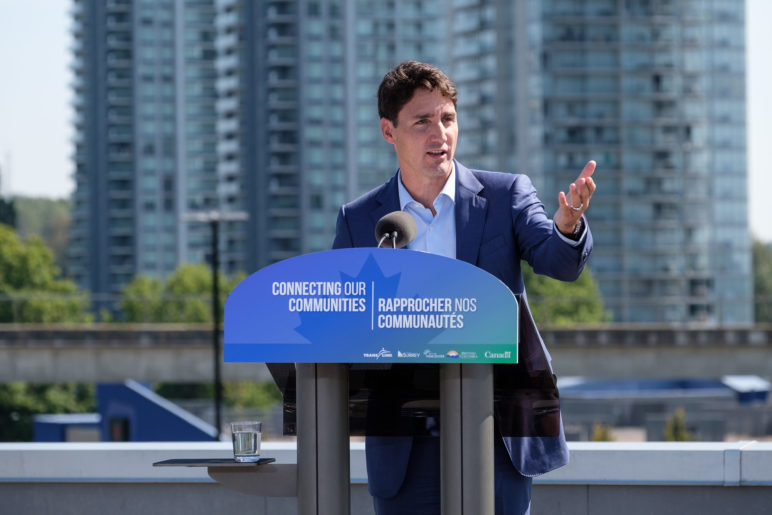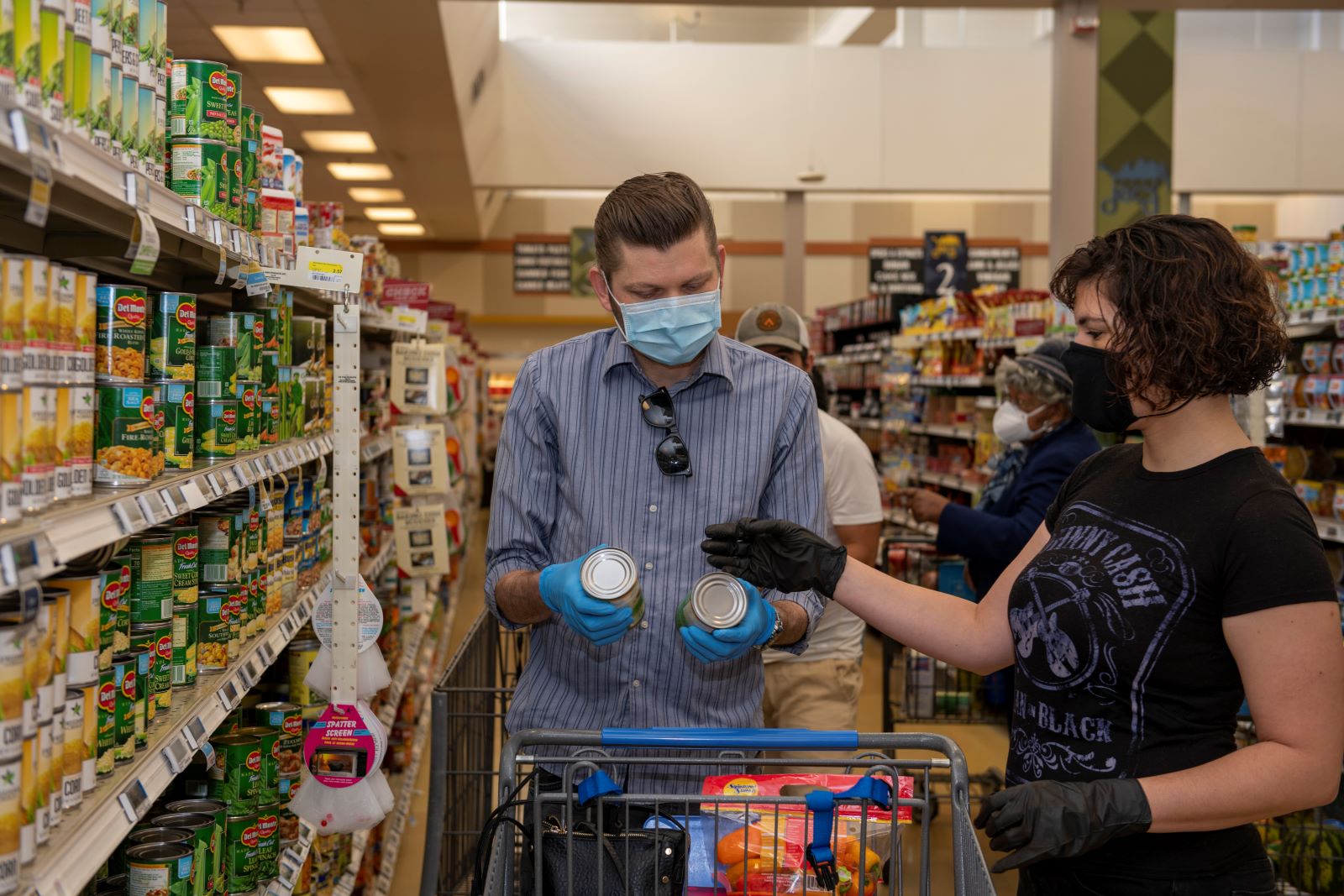Amid the many catastrophes of the coronavirus pandemic, Cascadians in the US are suffering under the nation’s long-standing fear of a sensible idea: giving people cash.
As the region nears its second month of mandatory shutdowns, the indefinite delays that hundreds of thousands of laid-off Oregonians, Washingtonians, Idahoans and Alaskans are facing for federally boosted unemployment insurance payments will have dire economic consequences. With no way to make rent, many tenants stripped of their disproportionately low-wage jobs for the sake of public health are, understandably, not paying. Though eviction moratoriums are keeping them housed, for now, this stopgap measure threatens a compounding financial crisis as landlords have no way to make their own obligations to the conglomerates that own their mortgages.
Many of the 1 in 6 workers who’ve filed for unemployment so far in these states need help desperately, as do many business owners and “gig economy” contractors who also qualify for the $600-a-week federal boost. If we fail to get federal cash out fast, this economic contagion will infect one sector of the economy after another. Many poor people will take on high-interest debt that’ll plague their families for years.
It’s easy to blame old software for this scandal, and we shouldn’t let our leaders off the hook for that failure. But the deeper issue here is the country’s deliberate resistance over the years to getting cash to people who need it. That’s what’s left us trying to retrofit our unemployment systems into a crisis-cash distribution system.
It doesn’t have to be this way. Just ask our fellow Cascadians in British Columbia.
The Canada Emergency Response Payment, Canada’s $500-a-week equivalent to the U.S. unemployment benefit boost, was announced March 25 and launched April 6. It promises cash within 10 days of the claim, but payments have been arriving in as few as two days.
What’s Canada’s secret? There are two.
Canada’s advantages long predate the virus

First, Canadians were already giving one another cash in good times. Between the HST credit, Canada child benefit and Climate Action Incentive, Canadians have many reasons to get bank accounts on file with the government. Ninety percent of the federal government’s more than 300 million annual cash benefit distributions happen via direct deposit. The United States, by contrast, uses cash benefits less than any other rich country. Instead, we micromanage our poor residents with restricted systems like food stamps and housing vouchers, despite evidence that the flexibility of cash benefits helps households build assets, pursue education and boost nutrition.
Second, Canadians are erring on the side of speed, pushing out cash to anyone who says they’re eligible and checking later. (The country will try to recoup inaccurate claims eventually; policing claims just isn’t the top priority right now.) Again, by erring on the side of trust and respect, Canadians have given themselves the agility to better navigate economic catastrophe.
Pacific Northwest states, and the US as a whole, have many things to learn from their neighbors up north, but perhaps the most important is that people are experts in their own lives. Carbon dividends, child benefits, rent subsidies, and universal basic income could all be excellent places to start getting cash into hands of people who need it and who know best how to use it.
As our society struggles to survive this crisis, this is one of the civic antibodies we should be building up—a new willingness to give people cash.
To read the evidence that cash payments work, see this earlier article in our Coronavirus and Cascadia series: We Shouldn’t Need a Virus to Embrace Cash Benefits.

